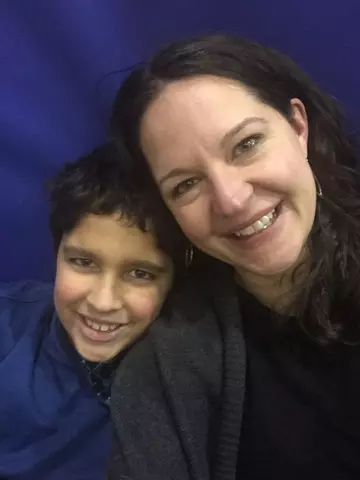Amy Khare

Amy Khare is a scholar activist, working nationally on applied research that promotes inclusion and equity. Amy's work is inspired by her experience as a family member in the disability rights movement. She's worked locally on housing and community change in five cities. She is producing two books: an edited volume titled What Works in Inclusive, Equitable Mixed‐Income, Mixed‐Use Communities, and a book titled Privatizing Chicago, which explores politics of urban redevelopment. Khare is completing a project with Chicago's Metropolitan Planning Council and the Urban Institute called the Cost of Segregation. Khare received her doctorate from the University of Chicago.
Presentations from Facing Race 2018
In this interactive workshop, we invite participants to reflect on this key question: How do we create and sustain racial equity systems change work within metro areas? We use the model of a cross-sector political coalition as one strategy to advance racial equity within institutions. First, we explore how to build a case about how structural racism negatively impacts entire metro areas, including populations and spaces that are predominantly white and/or affluent. We share research from Chicago’s Cost of Segregation project that demonstrates the negative impact to all. Participants complete a short exercise about the Cost of Inequity for all. Next, we brainstorm together why metro-area context –such as political history and fiscal realities—matters for how to organize cross-sector political coalitions. Participants engage in a reflective exercise to sketch their metro context, identify institutional leaders, and make connections across sectors. Next, we explore the construct of targeted universalism, watch a three-minute film from the Haas Institute, and explain its value in messaging. Next, participants identify policy areas and related recommendations in order to spell out what an agenda of racial equity could look like in their metro area. Here, we share examples from our work in Chicago. Finally, we conclude with a planning exercise that encourages participants to spell out for themselves future learning and action. In our conclusion, we invite participants to make connections within their local work to a broader global movement to advance racial equity through cross-sector political coalition building within metro areas.